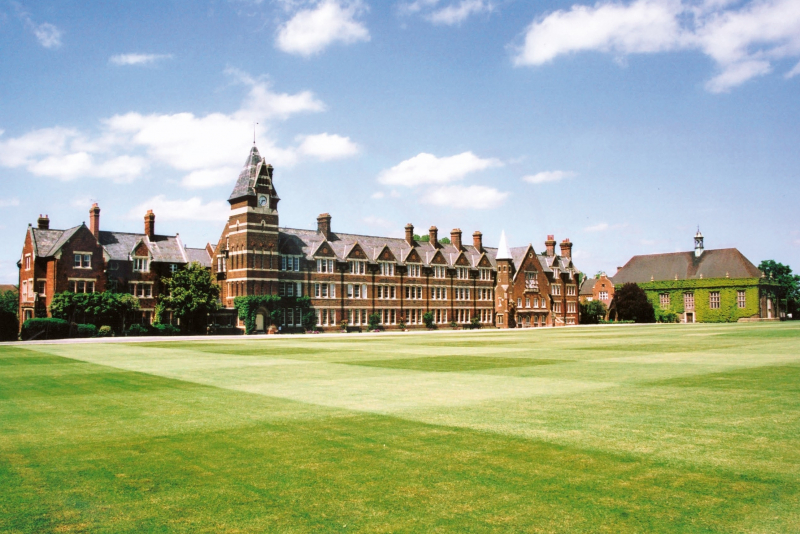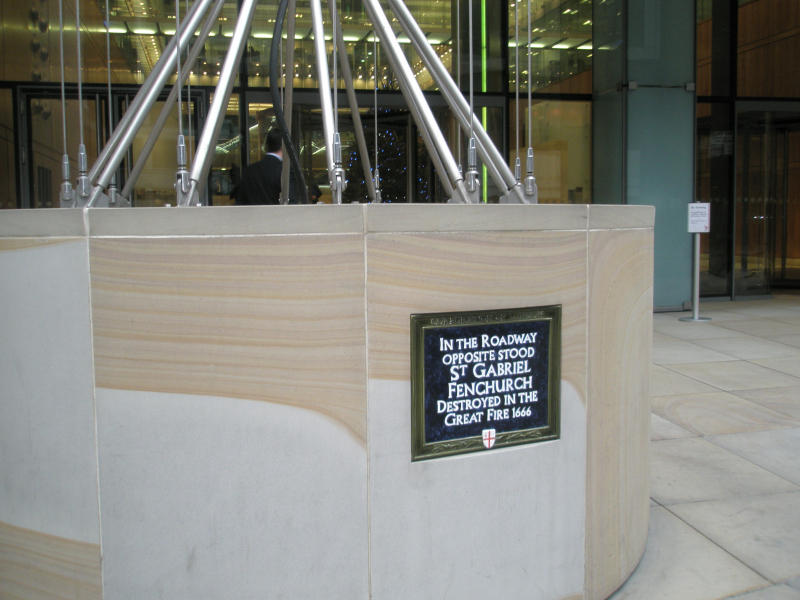John Wallis is one of the greatest codebreakers
An interesting fact is that John Wallis is one of the greatest codebreakers. Wallis had been close to the Parliamentarian party throughout this time, possibly as a result of his exposure to Holbeach at Felsted School. He was of great practical assistance to them in deciphering Royalist dispatches. Despite the individual successes of mathematicians such as François Viète, the principles underlying cipher design and analysis were very poorly understood at the time. In contrast to systems based on a variable key, most ciphers were ad hoc methods relying on a secret algorithm. Wallis recognized that the latter was far more secure, even calling them "unbreakable," though he was not confident enough in this claim to encourage the disclosure of cryptographic algorithms. He was also concerned about foreign powers using ciphers, turning down Gottfried Leibniz's request in 1697 to teach Hanoverian students about cryptography.
Returning to London after being appointed chaplain at St Gabriel Fenchurch in 1643, Wallis joined the group of scientists that would later become the Royal Society. In 1647, he was finally able to pursue his mathematical interests, mastering William Oughtred's Clavis Mathematicae in a matter of weeks. He soon began to write his own treatises on a variety of topics, which he continued to do for the rest of his life. In England, Wallis published the first survey of mathematical concepts, in which he discussed the Hindu-Arabic system.







